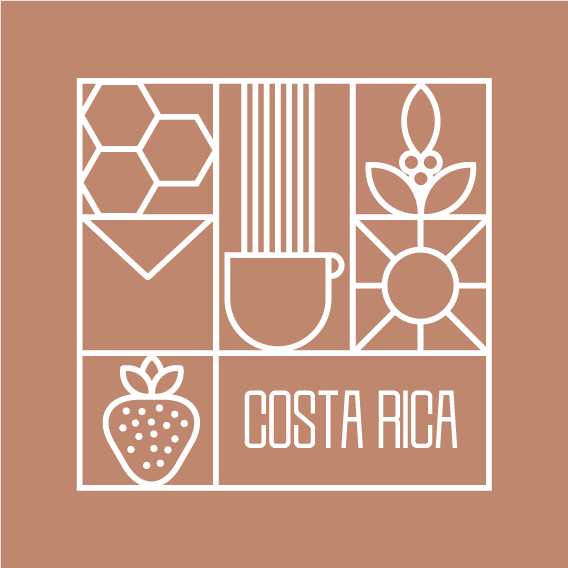MERAKI Artisan Coffee
Costa Rica Esperanza كوستا ريكا اسبرانزا
Costa Rica Esperanza كوستا ريكا اسبرانزا
Couldn't load pickup availability
Papaya | Ribena | Cola
Farm: Aquiares Estate
Varietal: Obata
Processing: Anaerobic
Altitude: 1,200 to 1,400 meters above sea level
Owner: Robelo Family
Town / City: Aquiares
Region: Turrialba
Country: Costa Rica
الإيحاءات: بابايا | كولا | كشمش أسود
المزرعة: اكواريس
السلالة: أوباتا
المعالجة: تجفيف لا هوائي.
الارتفاع: ١،٢٠٠ الى ١،٤٠٠ متر فوق سطح البحر
المزارع: عائلة روبيلو
المدينة: اكيوارس
المنطقة: توريالبا
البلد: كوستا ريكا
Story Behind The Coffee
Aquiares, one of Costa Rica’s largest and most historic coffee farms, sits high on the fertile slopes of Turrialba Volcano. Producing coffee continuously for over a century, the farm has developed an enduring model for growing high-quality Arabica coffee, protecting a stunning natural setting, and supporting a thriving local community of 1,800 people. Established by British farmers in 1890, Aquiares was one of the first states to produce and export Costa Rican coffee. In 1971, the farm was purchased by its current owners-three families who have worked together with the farm ́s staff and community to implement a modern model of sustainable agriculture. Today, the Estate is the largest continuous coffee farm in Costa Rica, covering 924 hectares, 80% of which is planted under shade-grown Arabica. Nestled between the Aquiares and Turrialba Rivers, “Aquiares” means “land between rivers” in Costa Rica’s Huetar indigenous language. The region where the farm is located used to be the center for this pre-Columbian civilization, and occasionally old artifacts are found among the coffee trees. In fact, Guayabo National Monument, Costa Rica ́s most important indigenous settlement, is just 5 km (3.1 miles) away. The land of Aquiares is blessed with a multitude of clean water sources and even provides drinking water to three communities down-stream. Coffee plots are interlaced with natural springs and countless streams and rivers, all of which are protected with forested buffer zones. The network of natural corridors throughout the farm connects the large preserved forests in the two river valleys, providing a healthy environment for the local animals, birds, and plants.


